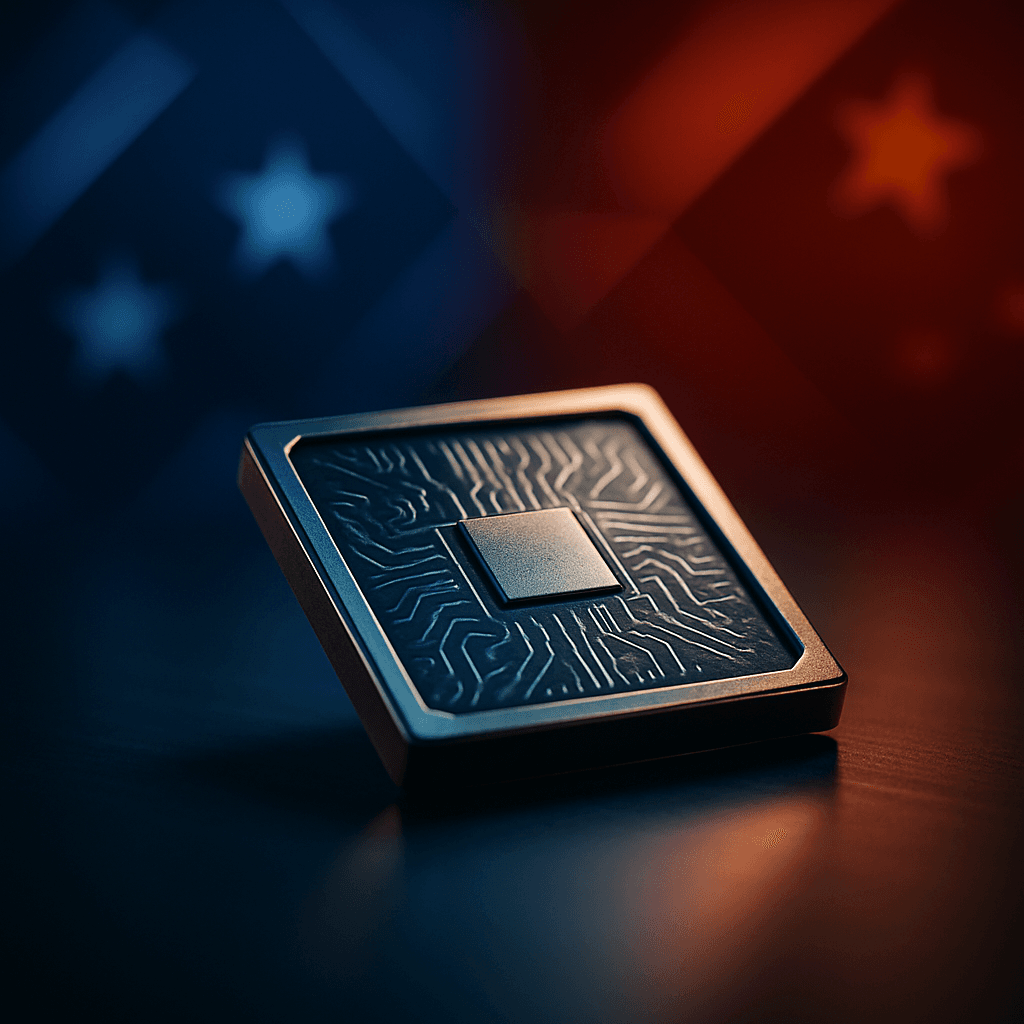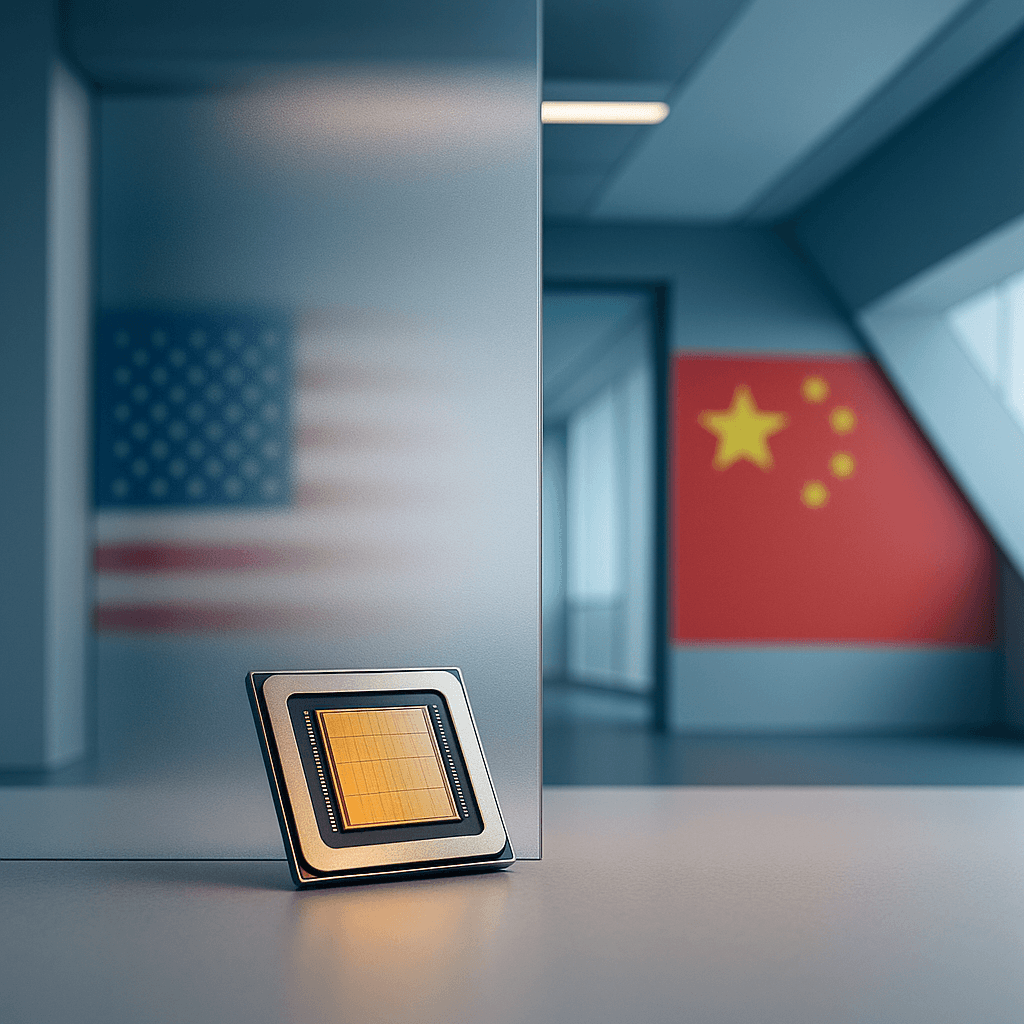Six top Senate Democrats are demanding President Trump abandon his controversial deal allowing Nvidia and AMD to sell advanced AI chips to China for a 15% government cut. The bipartisan pushback signals growing Capitol Hill alarm over trading America's tech advantage for what senators call "a commission" to the country's primary strategic rival.
The political firestorm over Donald Trump's semiconductor diplomacy erupted Friday as six Senate Democrats fired off a scathing open letter questioning his decision to let Nvidia and Advanced Micro Devices resume AI chip sales to China. The August 11 arrangement, which gives Washington a 15% revenue cut from Chinese sales, has triggered bipartisan national security concerns on Capitol Hill.
Senate Majority Leader Chuck Schumer led the Democratic charge alongside Senators Mark Warner, Jack Reed, Jeanne Shaheen, Christopher Coons, and Elizabeth Warren. Their letter pulls no punches, warning that Trump is "negotiating away America's competitive edge that is key to our national security in exchange for what is, in effect, a commission on a sale of AI-enabling technology to our main global competitor."
The stakes couldn't be higher. The senators specifically flag Nvidia's H20 and AMD's MI308 chips as potentially strengthening Chinese military systems - a charge Nvidia vehemently disputes. "The H20 would not enhance anyone's military capabilities, but would have helped America attract the support of developers worldwide and win the AI race," a Nvidia spokesperson told CNBC. "Banning the H20 cost American taxpayers billions of dollars, without any benefit."
But the irony might be moot. Even as Trump opened the export floodgates, China appears to be slamming them shut from the other side. Bloomberg reports that Chinese authorities are actively discouraging domestic tech companies from purchasing US semiconductor chips, turning Trump's revenue-sharing gambit into a geopolitical non-starter.
The pushback is already having real impact. "We're hearing that this is a hard mandate, and that authorities are actually stopping additional orders of H20s for some companies," Qingyuan Lin, a senior analyst covering China semiconductors at Bernstein, told . that Chinese regulators ordered major tech companies including ByteDance, , and Tencent to suspend chip purchases pending a national security review.












